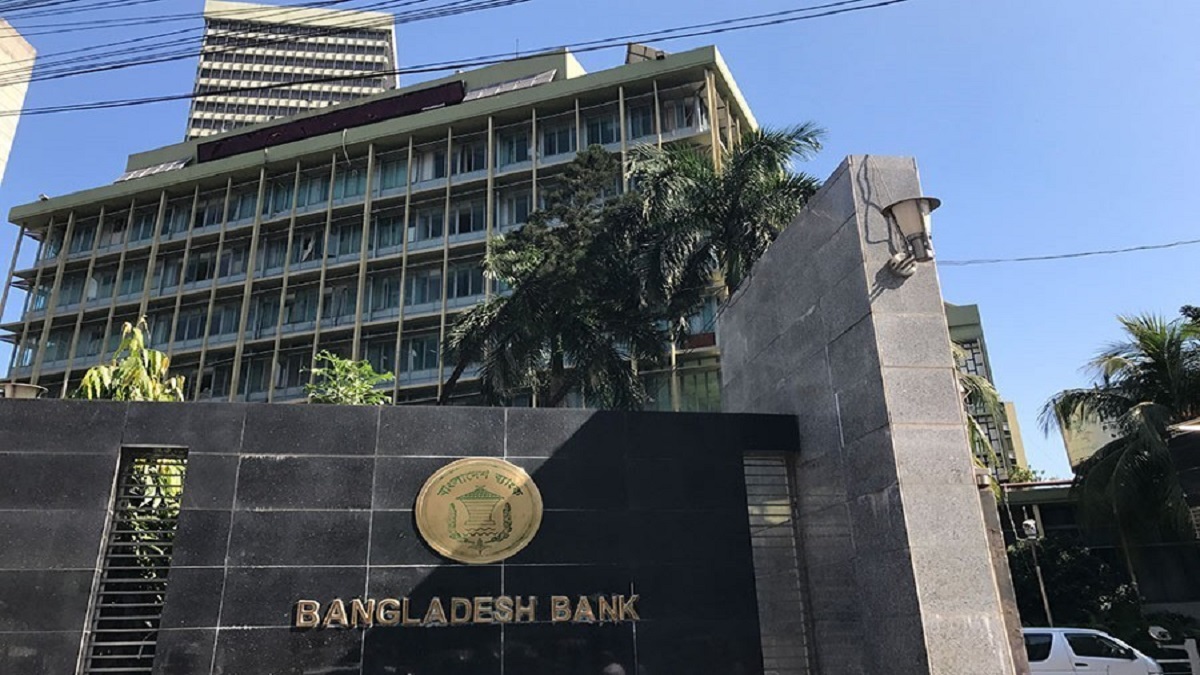Central bank autonomy, bank nationalizations, and board restructuring to be materialized
BY Insider Desk
May 27, 2025

Bangladesh Bank is preparing for a historic overhaul of the country’s banking sector, including nationalising failing banks, restructuring bank directorships, and securing greater institutional autonomy, Governor Dr Ahsan H. Mansur revealed in an interview with The Financial Express.
Starting in July-August 2025, Bangladesh Bank (BB) will begin nationalising six critically weak commercial banks under the new Bank Resolution Ordinance. These banks, facing extreme liquidity shortages, are deemed “incurable” and will be brought under state ownership to protect depositors.
Dr Mansur said BB has already completed asset-quality reviews and scenario assessments for mergers and acquisitions. Notably, Islami Bank Bangladesh and United Commercial Bank, previously in crisis, have stabilized with initial central bank support.
Beyond Islami Bank, other Shariah-compliant banks will be consolidated into two large Islamic banks, with international investors potentially coming on board. BB has enlisted top global consultancy firms to oversee structured, legally sound M&A operations.
A major amendment to the Bank Company Act is in the pipeline:
-
Family representation on bank boards to be capped at two members, down from five.
-
The tenure limit per director is to be restricted to two 3-year terms (currently, 12 years are allowed).
-
50% of directors must be independent, selected from a BB-approved panel.
To ensure regulatory independence, BB will revise the Bangladesh Bank Order 1972, aiming to bolster its operational and decision-making autonomy from political or corporate influence. The draft amendments are expected to be placed before the chief adviser in July.
Dr Mansur stressed that previous merger efforts under the AL government lacked legal authority and proper due diligence. “Now we know the value of the assets, and we’ve modelled different outcomes. We are ready to act decisively and lawfully,” he said.
These reforms, initiated under the current interim government, mark a turning point for Bangladesh’s troubled financial sector, prioritizing depositor security, improved governance, and long-term sectoral health.
Tags:
Most Read

Electronic Health Records: Journey towards health 2.0

Making an investment-friendly Bangladesh

Understanding the model for success for economic zones

Bangladesh facing a strategic test

Bangladesh’s case for metallurgical expansion

How a quiet sector moves nations

A raw material heaven missing the export train

Automation can transform Bangladesh’s health sector

A call for a new age of AI and computing
You May Also Like
